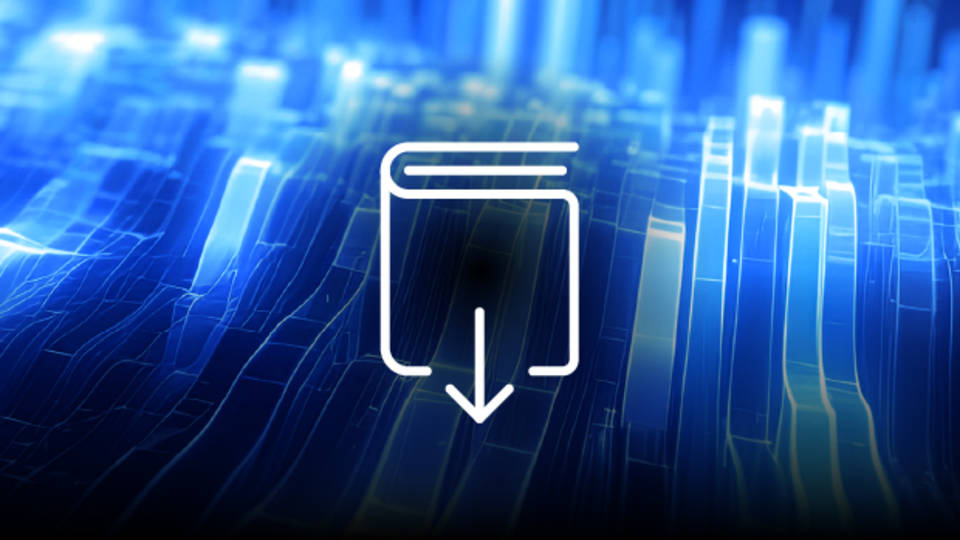juwi Energieprojekte GmbH
2015/7/30juwiは、再生可能エネルギーの分野で世界トップクラスの企業です。 同社は地域内で強力な存在感を誇り、プロジェクト開発はもちろん、エネルギー政策の転換を実現するための製品やサービスを提供しています。

Founded in 1996, juwi currently employs a staff of around 1,750 in over 15 countries. The juwi group’s scope of activities includes projects that involve solar, wind and bio energy, but also solutions for the direct and self-supply of electricity and heat from renewable energy sources. Storage technologies (juwi Home Power, a battery storage system for solar installations, for example), and wood fuels round off its portfolio.
The Situation
Communicating with external partners plays an important role in the everyday work of juwi Energieprojekte GmbH’s employees who finance projects. The flow of information between parties can be quite extensive, particularly in the early stages of a project. For instance, more than 40 employees in the project financing department alone devote their attention to approaching potential investors at the national and international level, going through the due diligence phase together with them, negotiating the financial terms and accompanying projects through the financing phase. This involves not only potential investors, but also external legal advisors, technical consultants and specialized experts.
At the beginning, the project financing department communicated with external parties solely in a traditional way. Documents were sent to external contacts either by e-mail or burned onto a CD and handed over to a courier service. As these projects continued to grow, however, this proved to be more and more of a problem. “For instance, we would have had to communicate simultaneously with a consortium that consisted of several banks. From a logistics standpoint, this would have been extremely difficult. This was when we decided to start looking for a virtual solution,” Ralf Labusch, Manager of Project Financing at juwi Energieprojekte GmbH, recalls.
The Solution
In 2009, after comparing the various approaches of several data room vendors, the Project Financing department decided in favor of the solution from Intralinks. “Three criteria were particularly important to us: price, user-friendliness and intuitive operation. We wanted a solution that our employees and external business partners could use without a lot of training. Intralinks fully met these conditions,” Ralf Labusch explains. “The fact that this solution is relatively well known, especially among banks, proved to be yet another advantage. This enabled us to involve new business partners who were already familiar with the Intralinks solution in our projects much
more easily,” he adds.
At the beginning, a few employees were chosen to participate in training courses and then pass on their knowledge to their coworkers. Unlike many other Intralinks customers, juwi Energieprojekte GmbH is capable of managing and setting up its own data rooms due to the high number of projects it has. “Most of our customers are quite happy to have us take care of this,” notes Andreas Heinze, Senior Account Manager at Intralinks, and adds: “juwi Energieprojekte GmbH asked us to make an exception as on occasion time critical virtual activities need to be performed. Considering how many different projects they work on at the same time, this would cause delays. Of course, we agreed.”
Several employees of juwi Energieprojekte GmbH now take care of monitoring the system and attend to juwi’s own structure of the data rooms. Furthermore, they are also responsible for administering the Intralinks solution. The people who are internally responsible for the data rooms also issue the access rights. When it comes to communicating highly sensitive data, the team at Project Financing places particular emphasis on making sure that all rights are withdrawn immediately the moment someone no longer works on the project.
Mr. Labusch also emphasizes that long-standing external partners also appreciate being able to use the data room. Due to the fact that the team at juwi uses the same master structure for all of its data rooms, its partners are able to fi nd their way through as many as 400 documents quite easily. “Sometimes bank employees are unable to open certain documents because of their own internal IT security requirements, but this happens only very rarely. All they need to do then is call the bank’s own internal IT department and have the problem solved immediately.”
Integrating the use of virtual data rooms into juwi AG’s everyday business routines has proven to be a rather easy task. “Thanks to the Intralinks solution, our communications have become much more efficient. Whenever we start a new project and approach fi ve or six investors, we provide them with initial information in advance via the data room. This means they can read about the project whenever they have time without having to review all of the details. Then, those investors who are seriously interested and would like to go into due diligence receive access to the entire data room,” Ralf Labusch explains. Banks or external consultants are then gradually involved over the course of the project. Being able to provide all parties involved with the same information at the same time prevents the stakeholders from losing any information. This is extremely important in this area and this particular phase.
The Benefits
The Intralinks platform not only enables juwi Energieprojekte GmbH to communicate more efficiently with its partners in real-time but also prevents legal complications. As Ralf Labusch puts it, “The fact that we are able to use a special tracking function to follow up on who has opened specific documents is really quite helpful. For example, an investor once claimed that he had never seen a certain document before. Thanks to this solution, we were able to prove to him that he had in fact downloaded and looked at this document. This doesn’t happen very often, but it can. Needless to say, it is good to have concrete evidence just in case this type of situation arises.”
juwi employees use the Intralinks data room to manage the 20 to 30 projects they work on simultaneously and, at the same time, maintain an overview of the current status. Due to the fact that the respective parties receive all of the documents again in paper form once they have signed the contract, the project team can easily check for whether the documents handed out are still up to date.
In summary, Ralf Labusch concludes, “All in all, we are extremely satisfied. The documents are easy to handle and the feedback from our partners has also been extremely positive. It therefore hardly comes as a surprise that other departments are currently also thinking about using Intralinks.”


